This story appears in VICE Magazine's Truth and Lies Issue. Click HERE to subscribe.
I was born in Los Angeles in December 1982 to a Macedonian Australian mother and an African American father. I’m pretty sure I remember coming home from the hospital: It was nighttime; there was a street lamp, the sky, and a building. My mum was holding me in a Christmas stocking. I knew I was born, I knew who my parents were, but the rest of it I’m not so sure, though the memory of the shapes and light feels pretty real. I spent the first few years of my life in LA before moving to Australia. My mum recently admitted that we moved because she worried that I was too white for public school and too black for private school. Most years we’d return to the US to visit family in LA, the Bay Area, New Orleans, Atlanta, and New Jersey.
My dad grew up under segregation in the South, and saw our yearly trips as a chance to show me and my nephews and nieces a country he’d never been able to see as a child. Occasionally he’d tell us a story from being on tour with his band or recount a family trip to Detroit where nine people fit into a VW for a 22-hour drive, but mostly we just drove and looked out the window. We’d make detours to visit national parks or iconic places through the Southwest, always getting out to take pictures but never staying too long. There were some places we never stopped: Mississippi, Alabama, most of Georgia, the Carolinas, Virginia, and northern Louisiana. I didn’t know why until my dad described to us some of the darker parts of his life in the South.
So much of our family history was told through stories and photos. But the stories were never written down, and at this point most of the storytellers, like my dad, have passed away. I wanted to find out what else I could remember, and if the landscape remembered me. So I set out on a road trip to retrace the routes of my childhood travels across the South and Southwest. I returned to the bus stop in West Texas where my family had once picked up a stranded Korean exchange student in 1994. I searched for the ledge at the Grand Canyon where I had slipped when I was three. I stood in ancestral hometowns like Loreauville, Louisiana, for the first time, where a great-granduncle of mine had been lynched, and felt a strange psychic and genetic familiarity with the land. I visited the National Memorial for Peace and Justice in Montgomery, Alabama, where lynching victims are honored, and searched for his name.
Monuments Are Forever is my attempt to understand memory. My family’s stories filtered down through the generations have developed new twists or are missing key facts or firsthand experiences, but along my trip I discovered that in many ways these stories mirror the way we consume and understand news and history in our contemporary culture. America is often portrayed as being black-and-white—no nuance—just big, shocking headlines with little substance. The reality is it’s more confusing, filled with long-forgotten histories. But perhaps, if we dig deep enough, we might uncover all these stories and memories that connect us. We’re all just trying to eat.
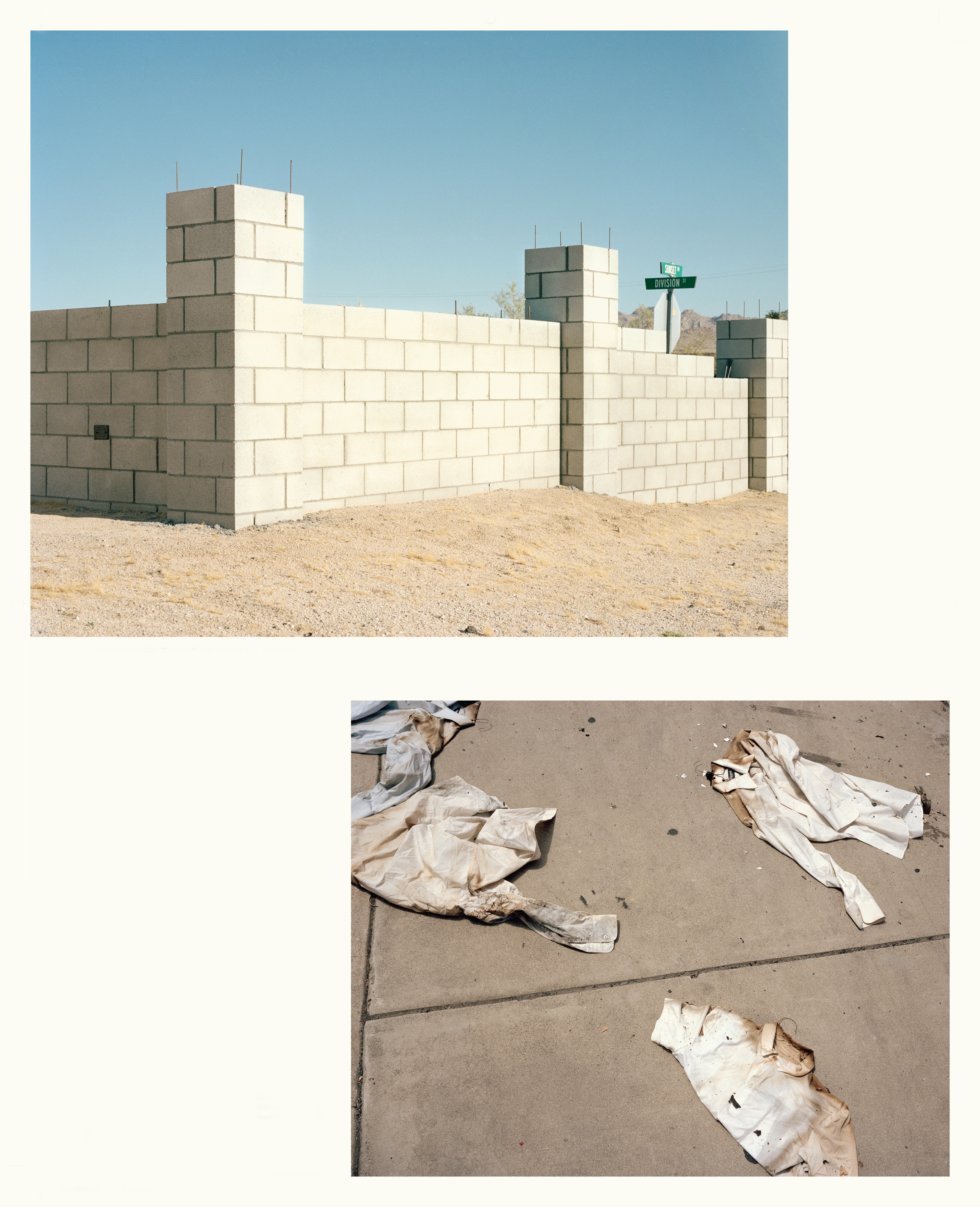

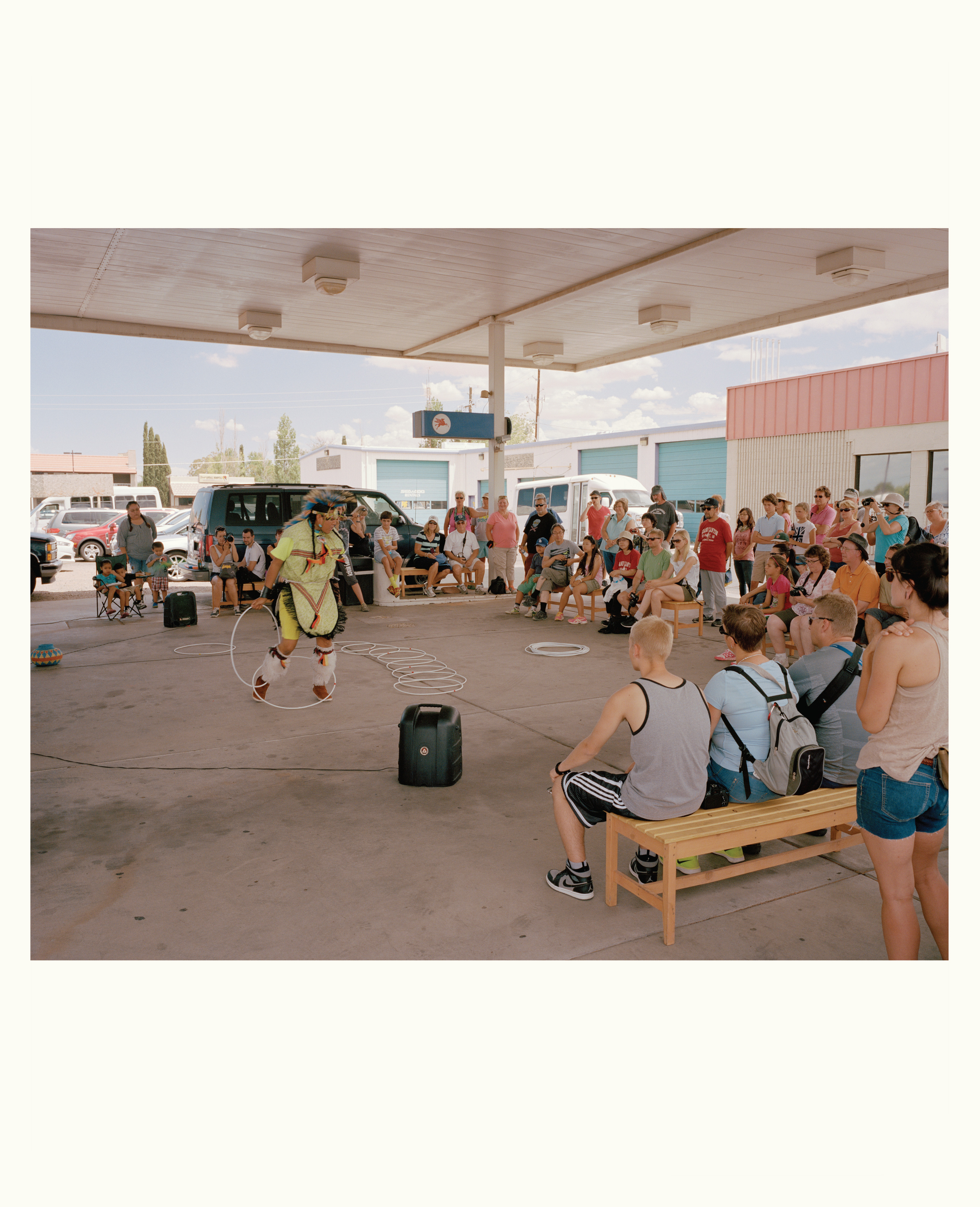
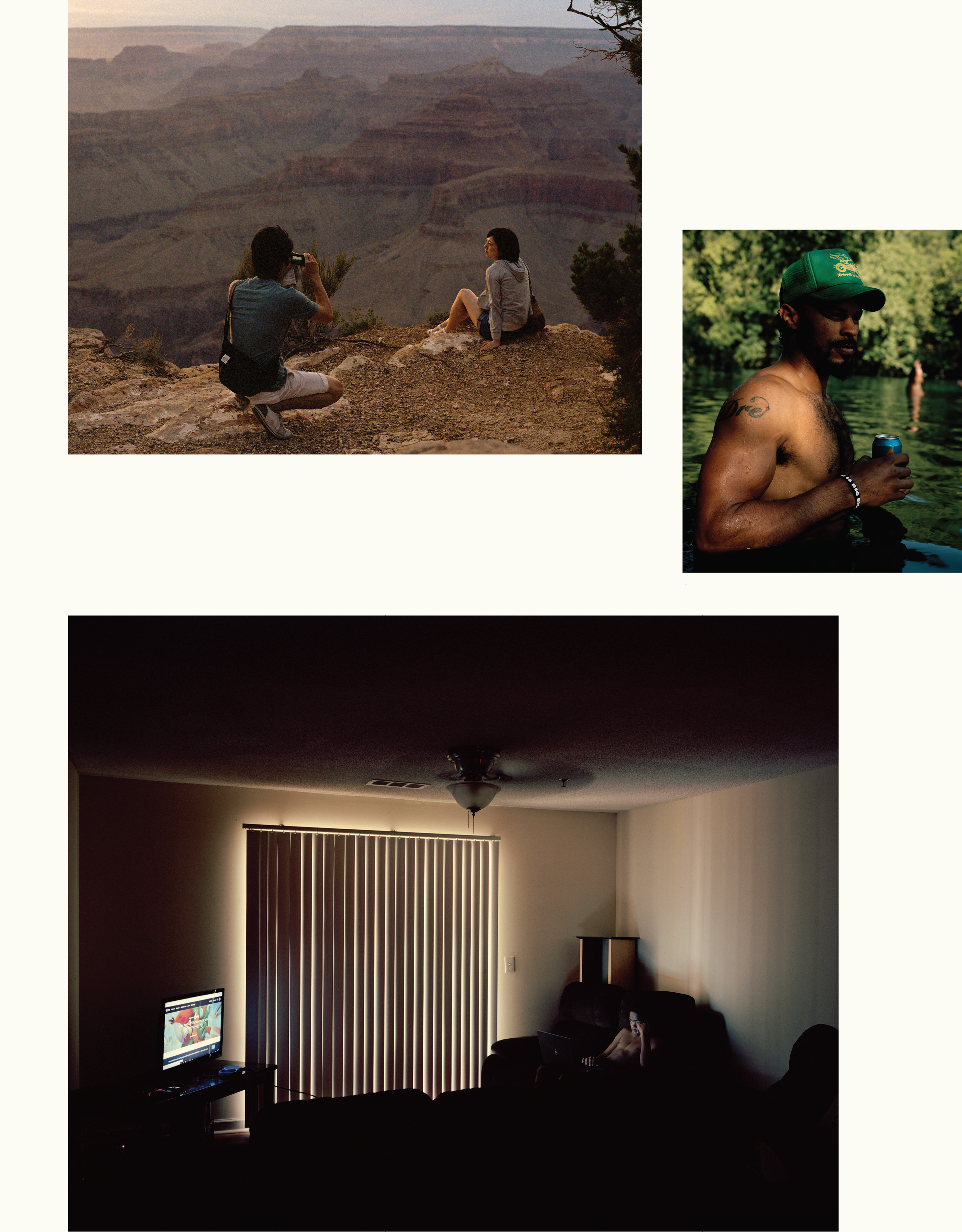
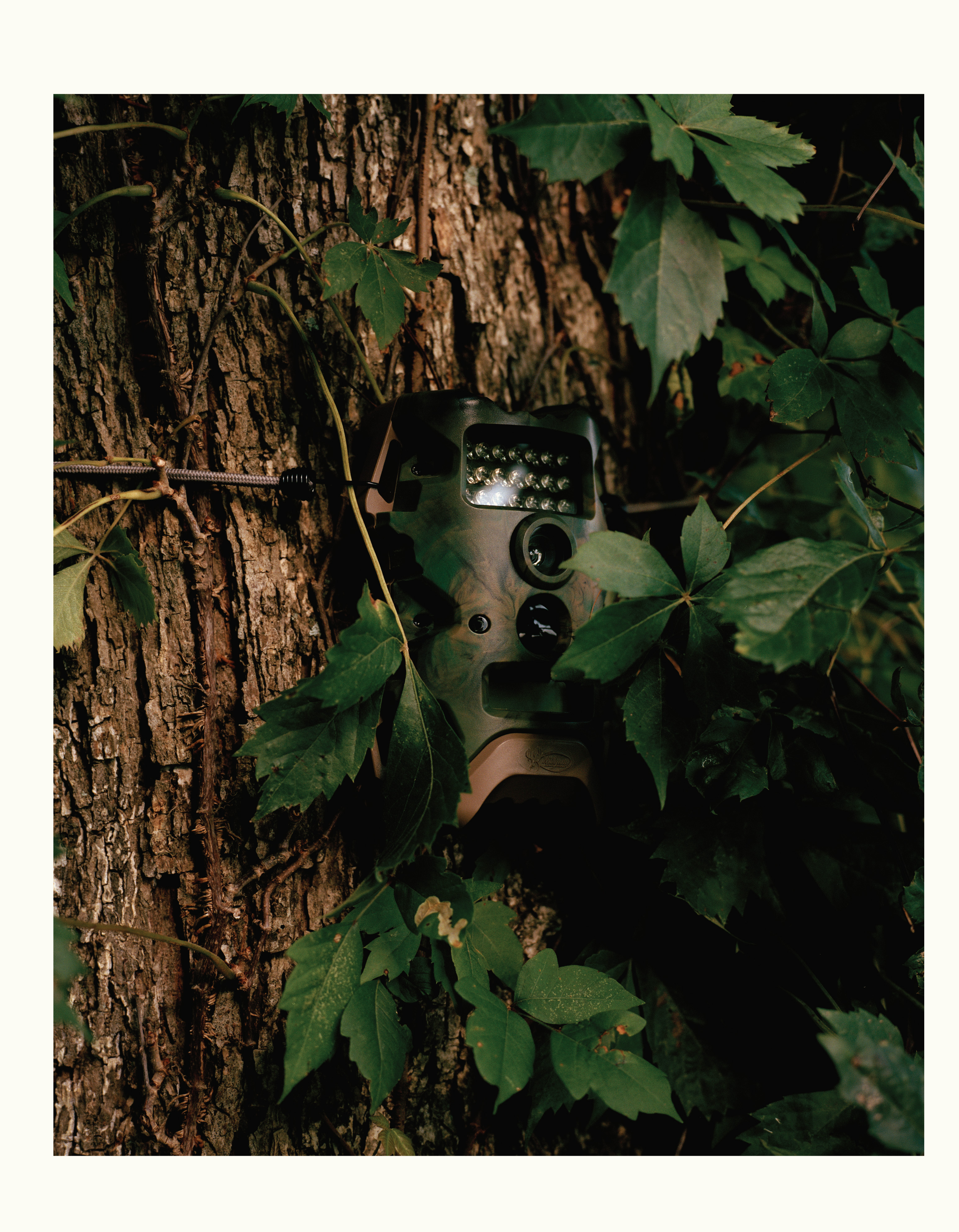
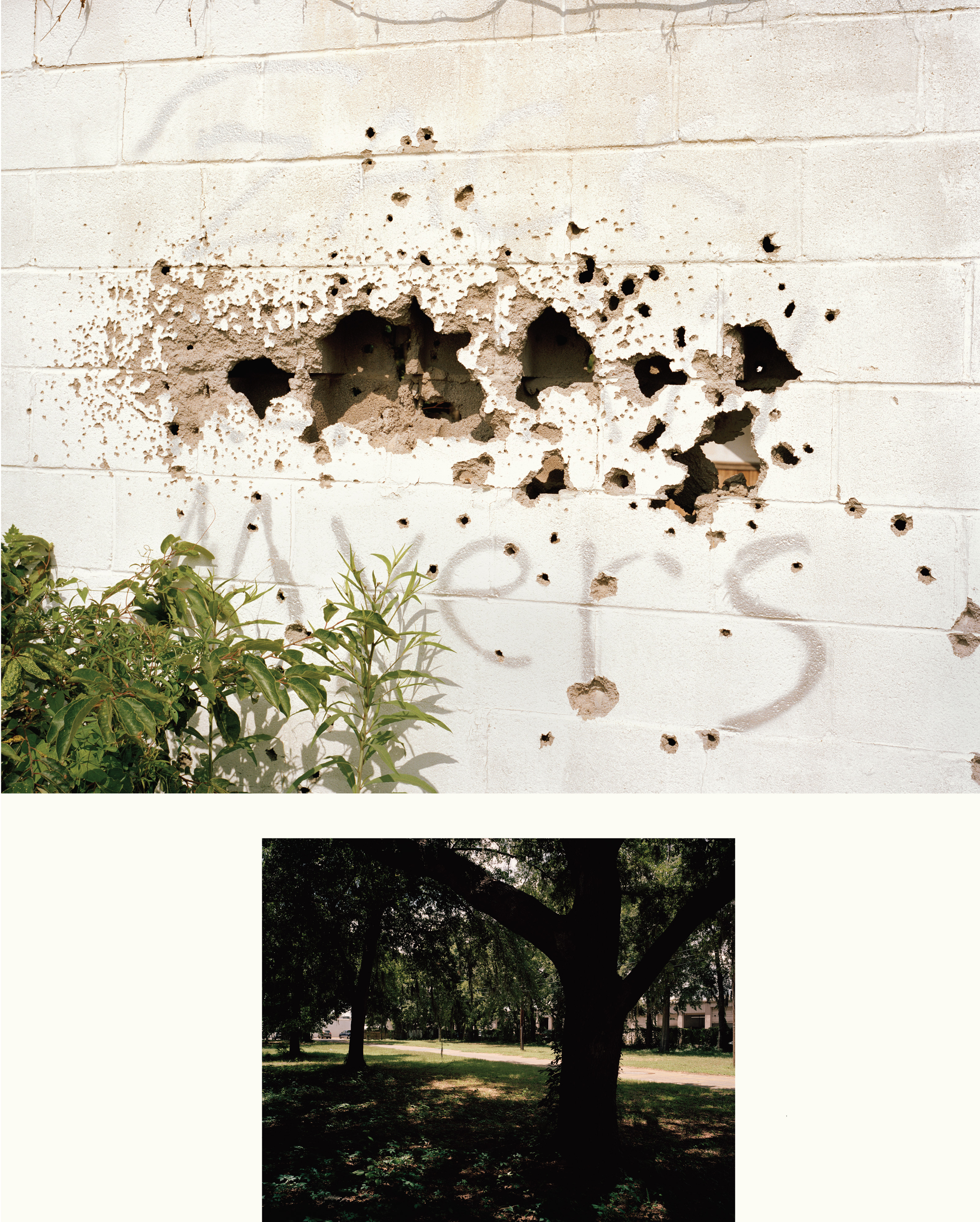
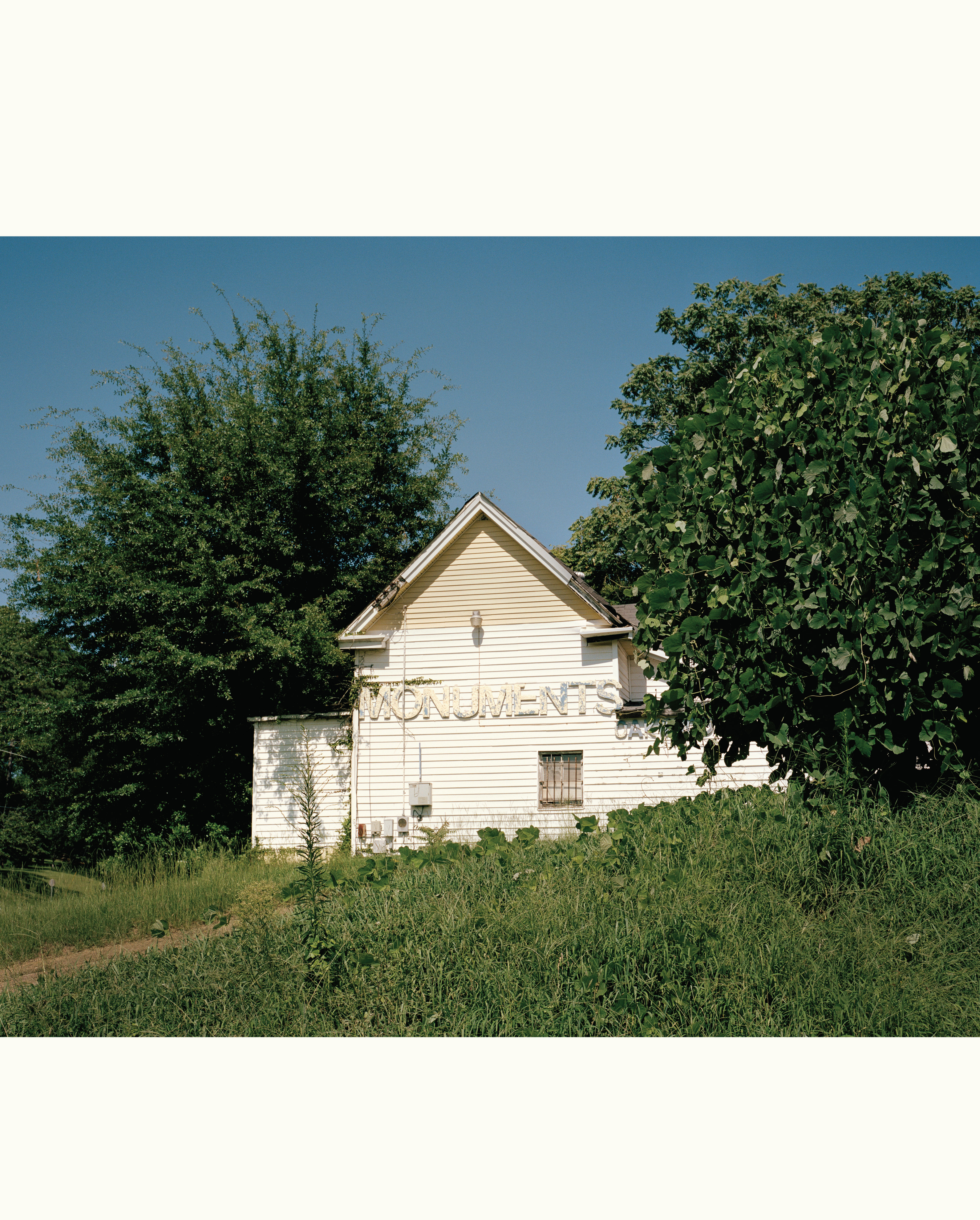
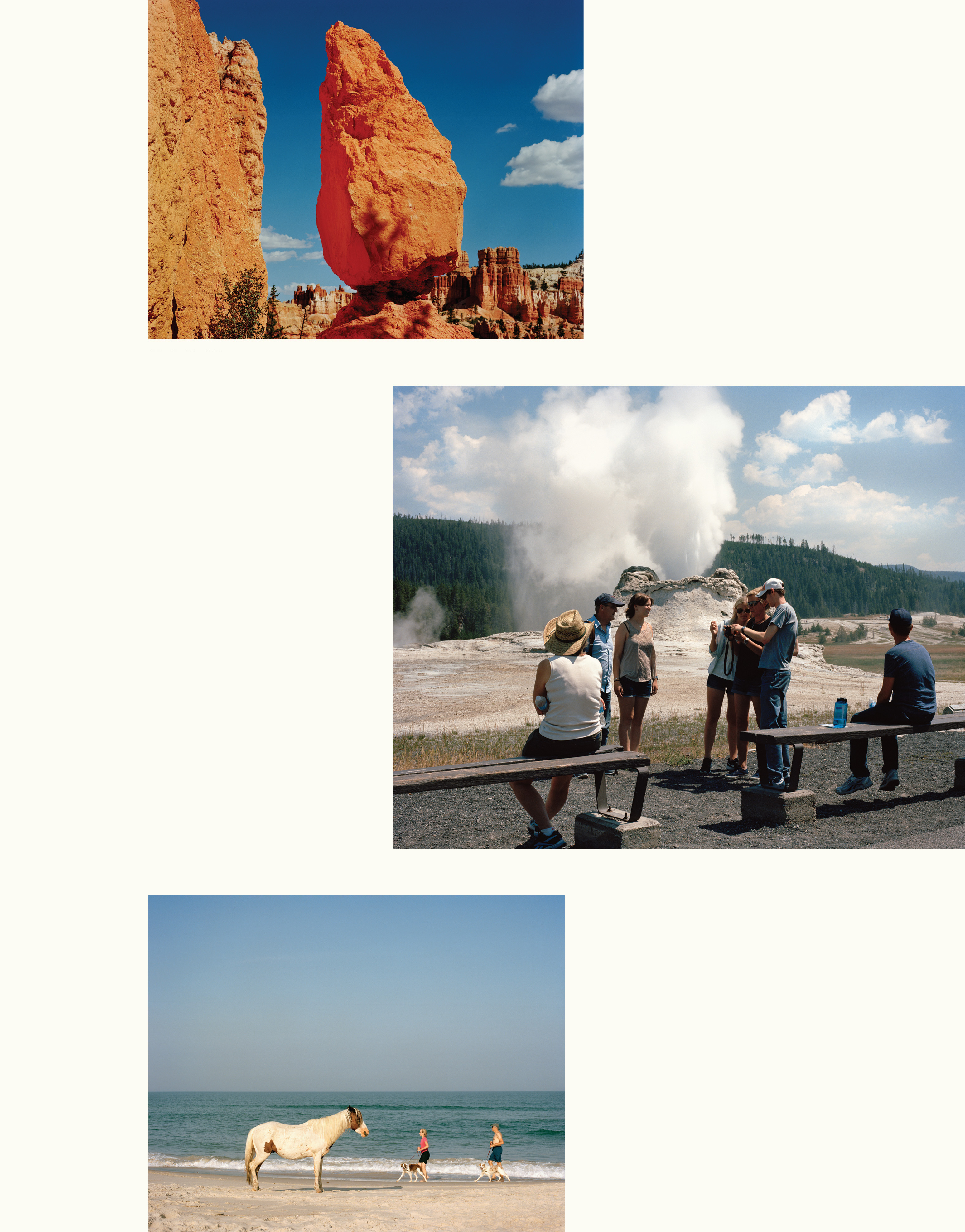
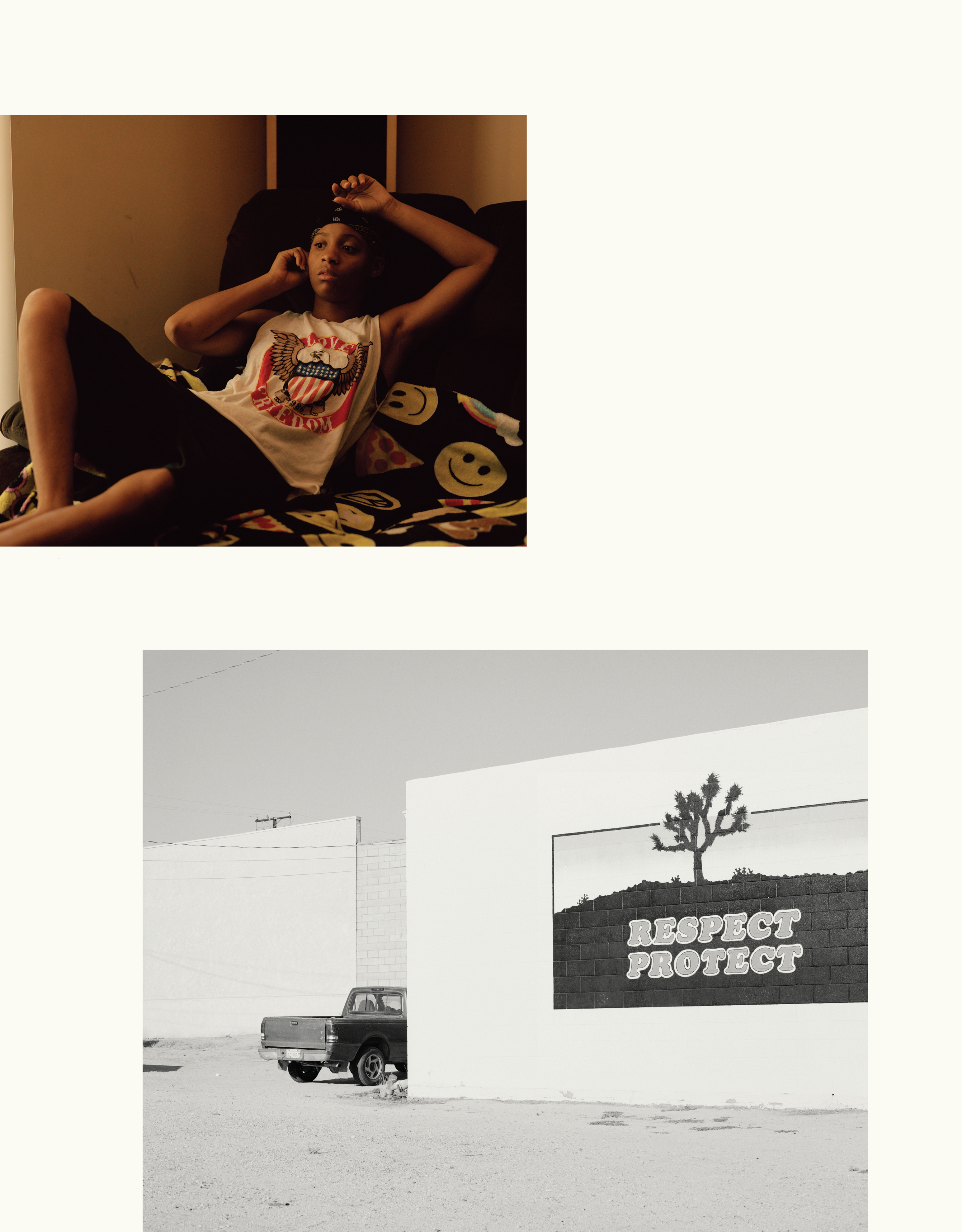
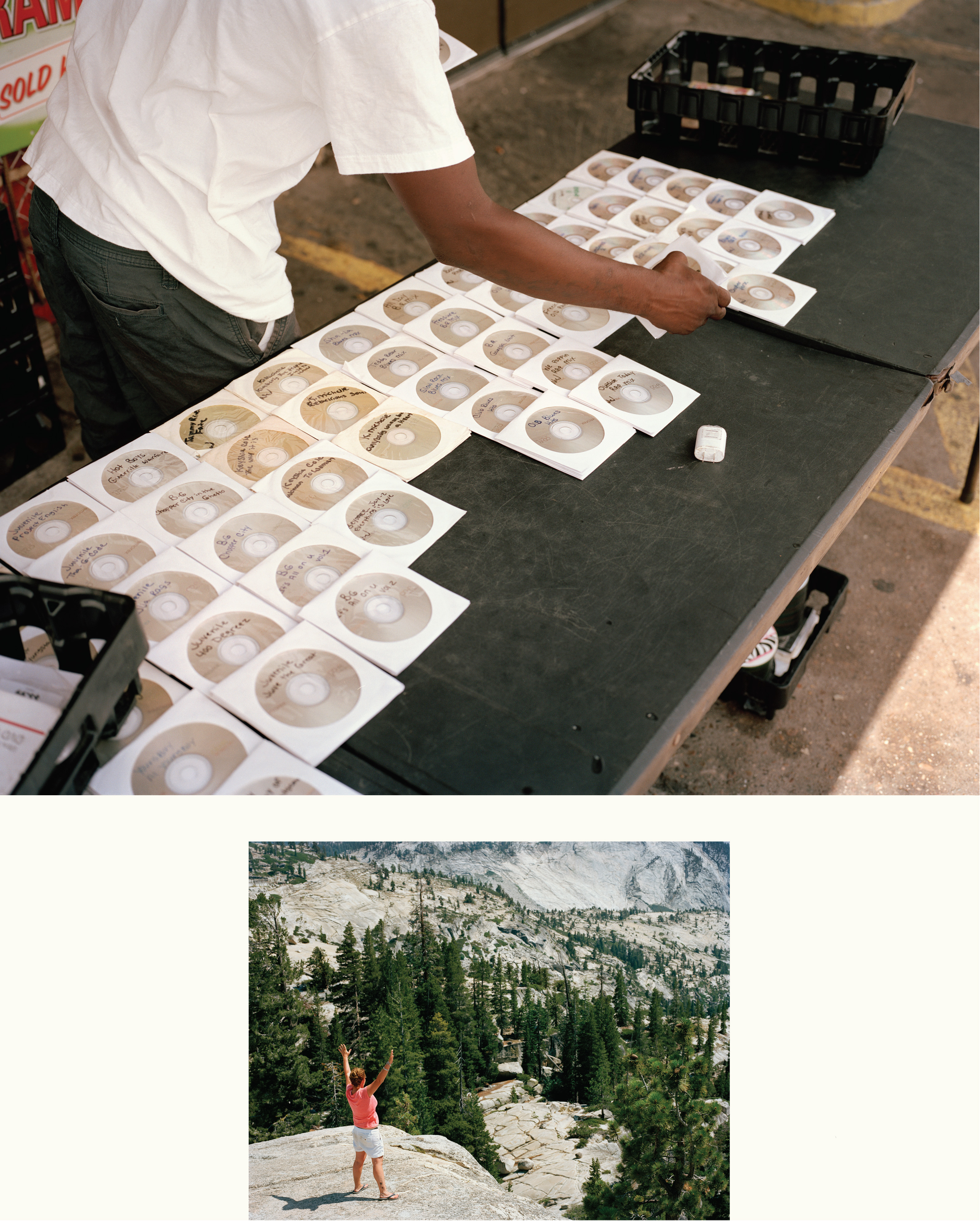
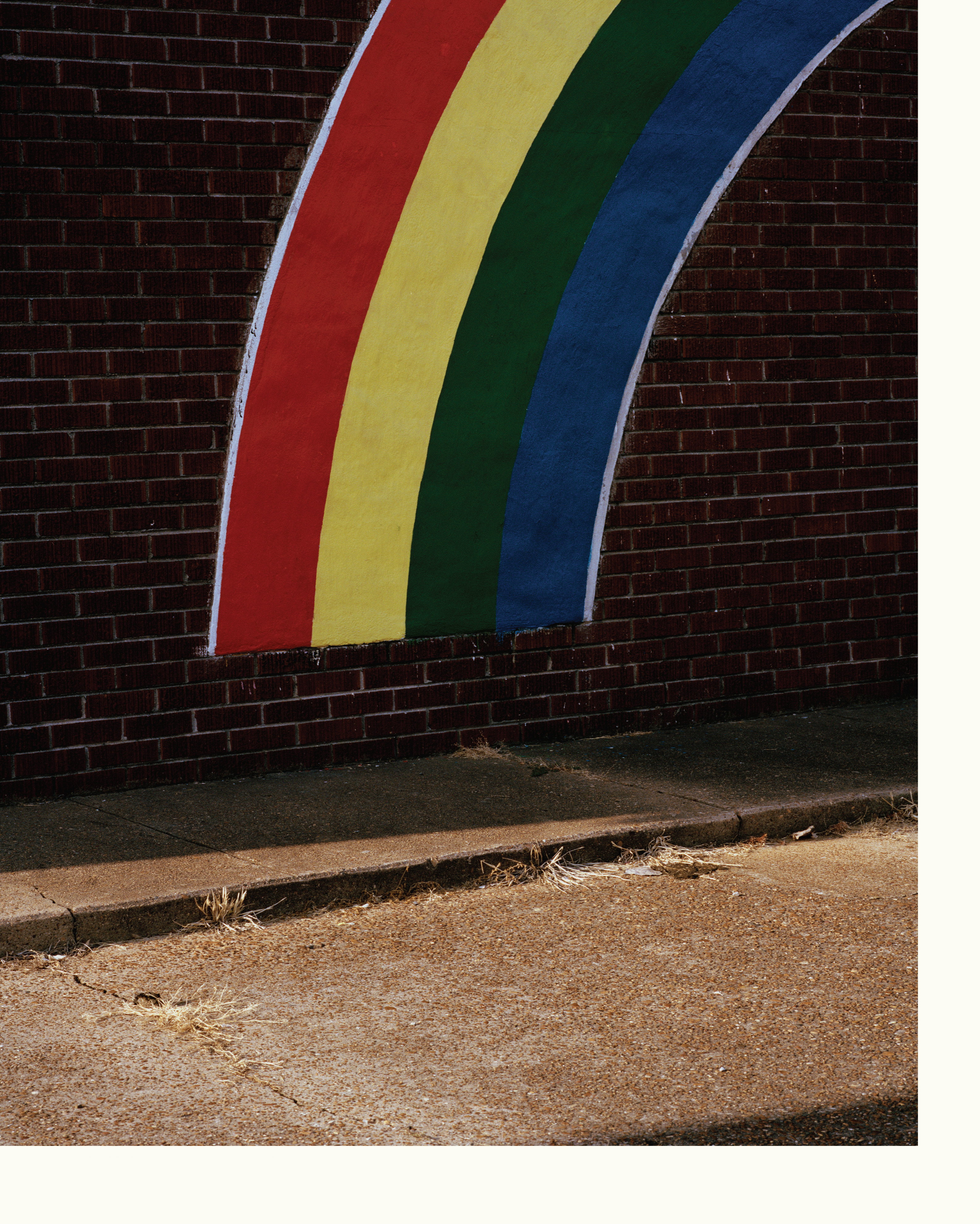
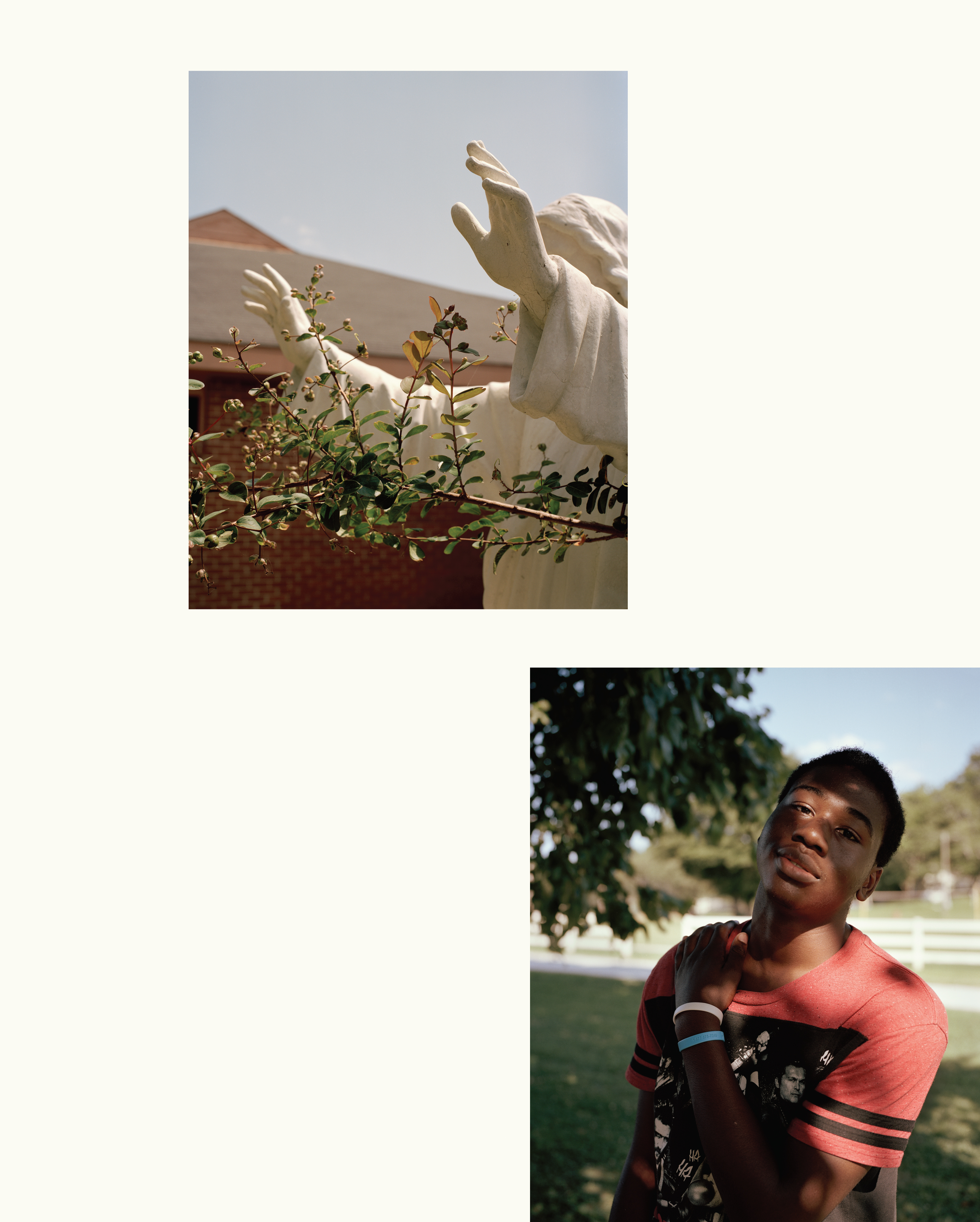
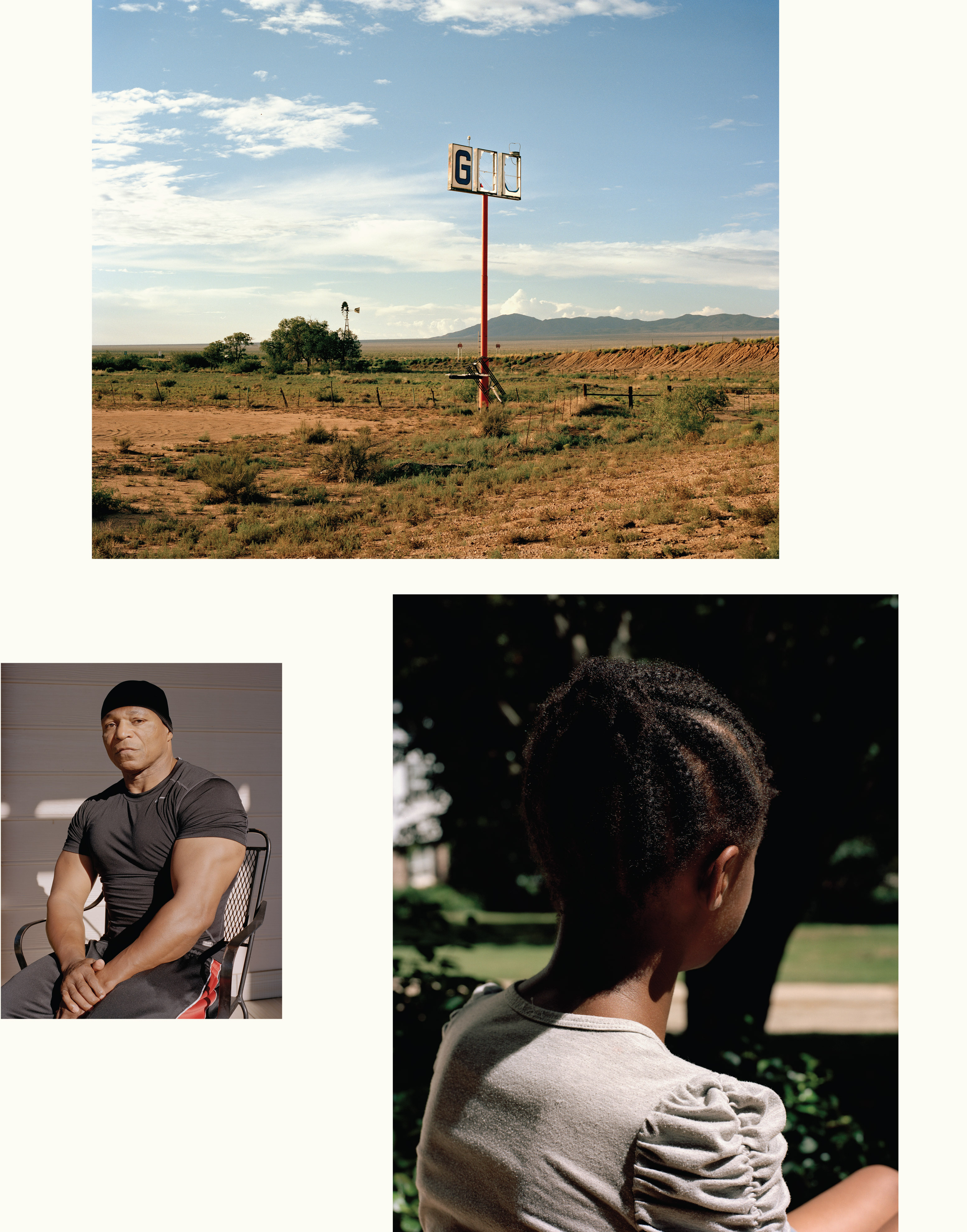
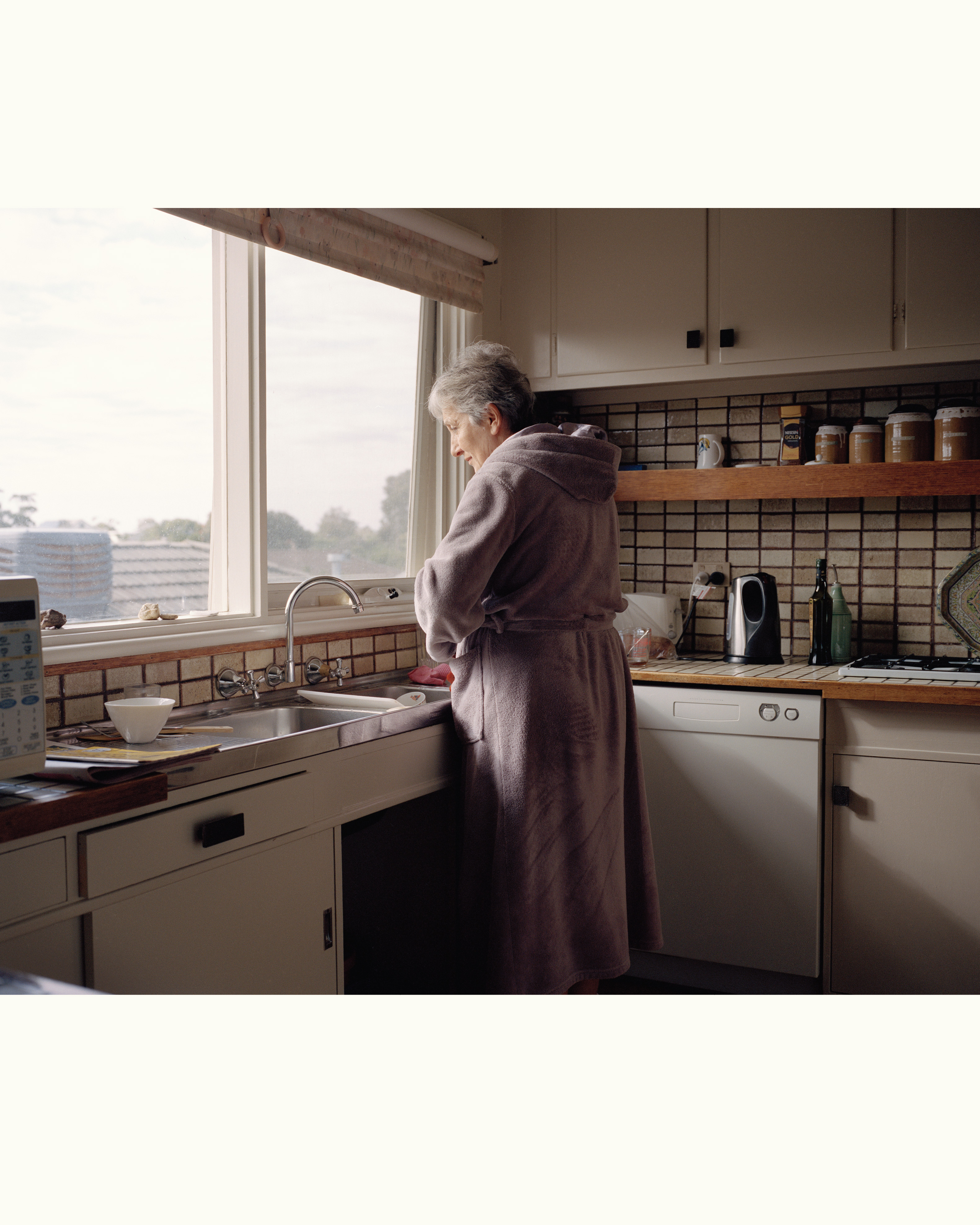
Sign up for our newsletter to get the best of VICE delivered to your inbox daily.
from VICE https://ift.tt/2UvbcWz
via cheap web hosting
No comments:
Post a Comment